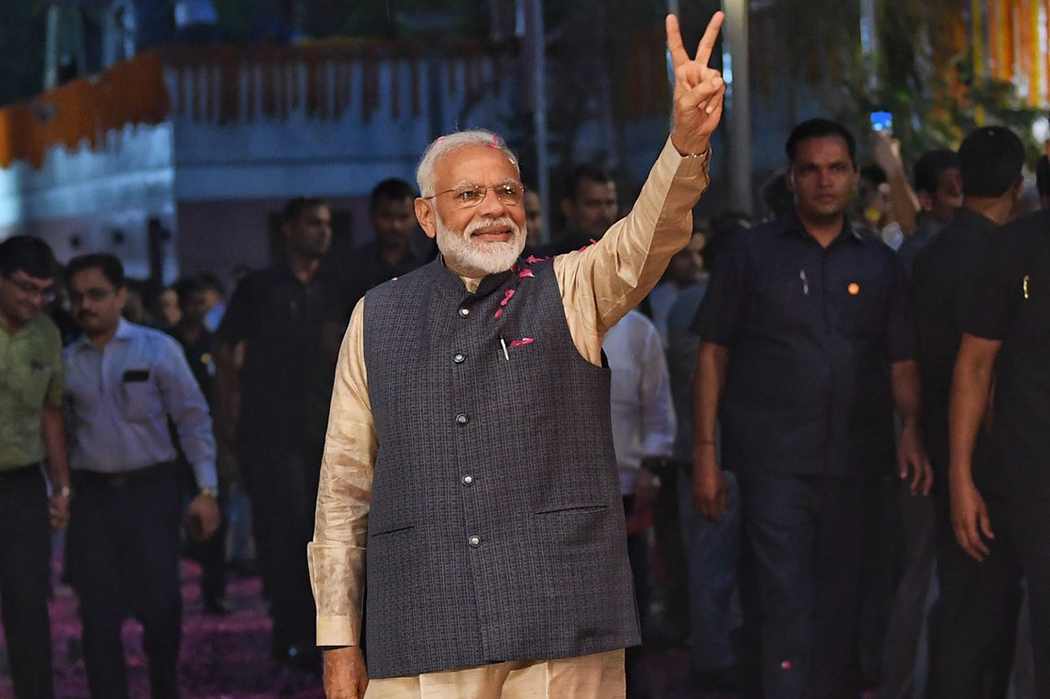Modi has been known to quite amenable to RE. His past stint as chief minister in Gujarat saw the state top renewable energy installations both in wind and solar.
He brought the same pro-renewables thrust to the national policy after taking over as the prime minister in 2014.
The most groundbreaking legacy of Modi’s first term was the introduction of wind auctions that changed the sector dynamics on its head.
Past attempts by earlier government had failed in the face of stiff resistance from the industry and the investors.
The resolve and the push for reverse auctions indicated both the aggression and the vision of the Modi government to up the ante for renewable growth.
Despite the initial pains, the auctions will help in opening up the market from an all-time high of 5.5GW in the year prior to auctions to what should be an annual auction market of over 8GW.
On the downside though, the same level of aggression seemed lacking in addressing state actions to revise power contracts or allocate land for wind power projects.
Plans to implement of the auctioned capacities were also not in place resulting in delays to grid connections, land acquisition and administrative approvals.
The focus on lowering the costs has led to cancelled bids, an insistence to match the lowest bids, and ceiling tariffs for tenders.
But this has resulted in sub-optimal bidding and financially stressed project pipelines.
New term
However, despite these issues, the re-election of the Modi government bodes well for the sector. It is expected the government is going to focus on resolving implementation issues and plan auction schedules after considering implementation constraints.
Modi appointed RK Singh to the renewable energy ministry, a well-respected former bureaucrat with immense experience in the government.
The addition of wind industry veteran, Dinesh Jagdale, as joint secretary in the Ministry of New and Renewable Energy (MNRE) would help give a much-needed implementation perspective to government policy and actions.
Two months into the new administration, the government has already suggested changes in the auction terms to make them more amenable to bidders and has also been contemplating feasibility of location-based auctions proposed by the industry.
It has also recently set up a resolution mechanism for auction bidders to address contractual disputes with auction holders.
The renewed thrust of the re-elected government to synchronise intention with action is expected to provide a stable foundation for the wind power in the long-term.




.png)
HR.jpeg)
.png)








